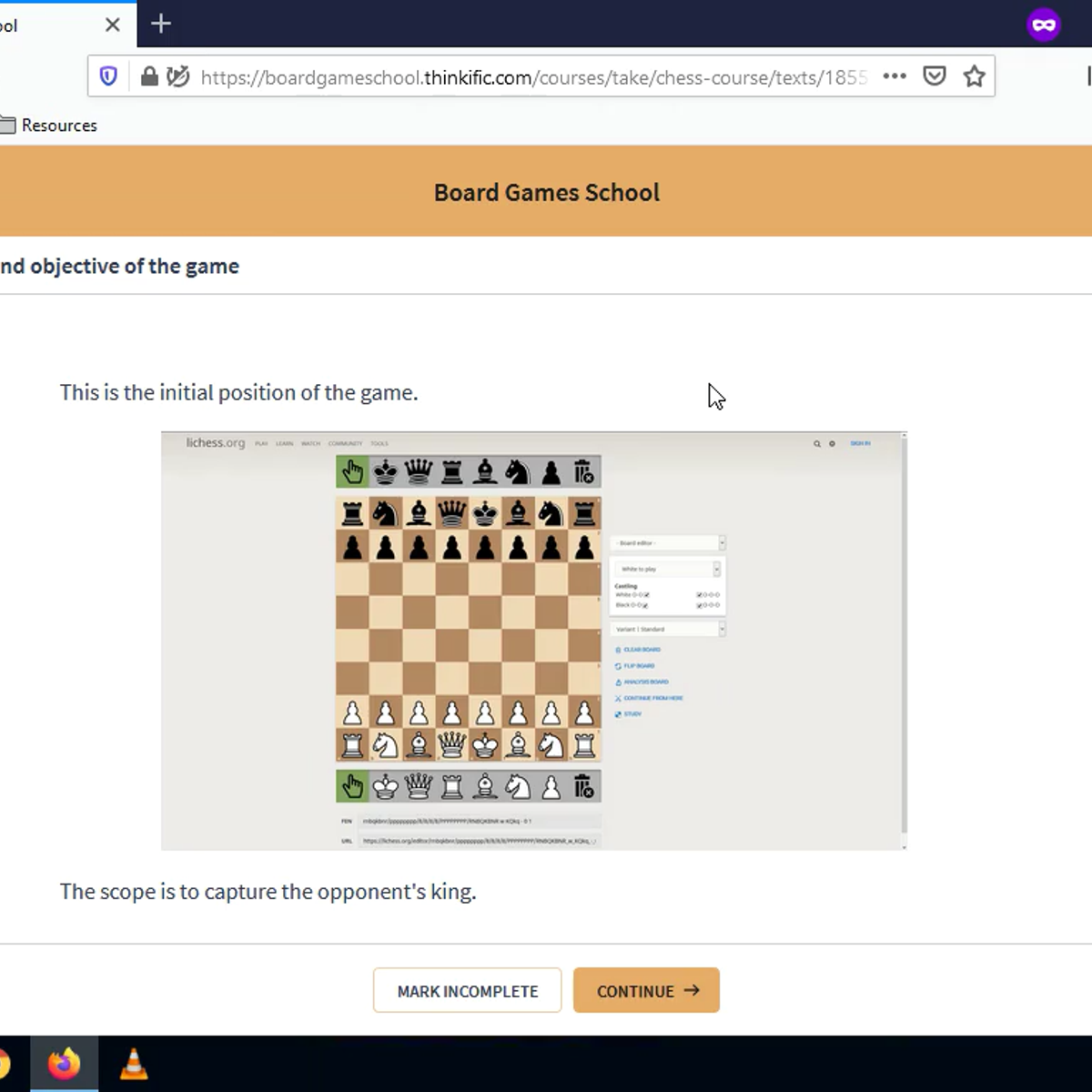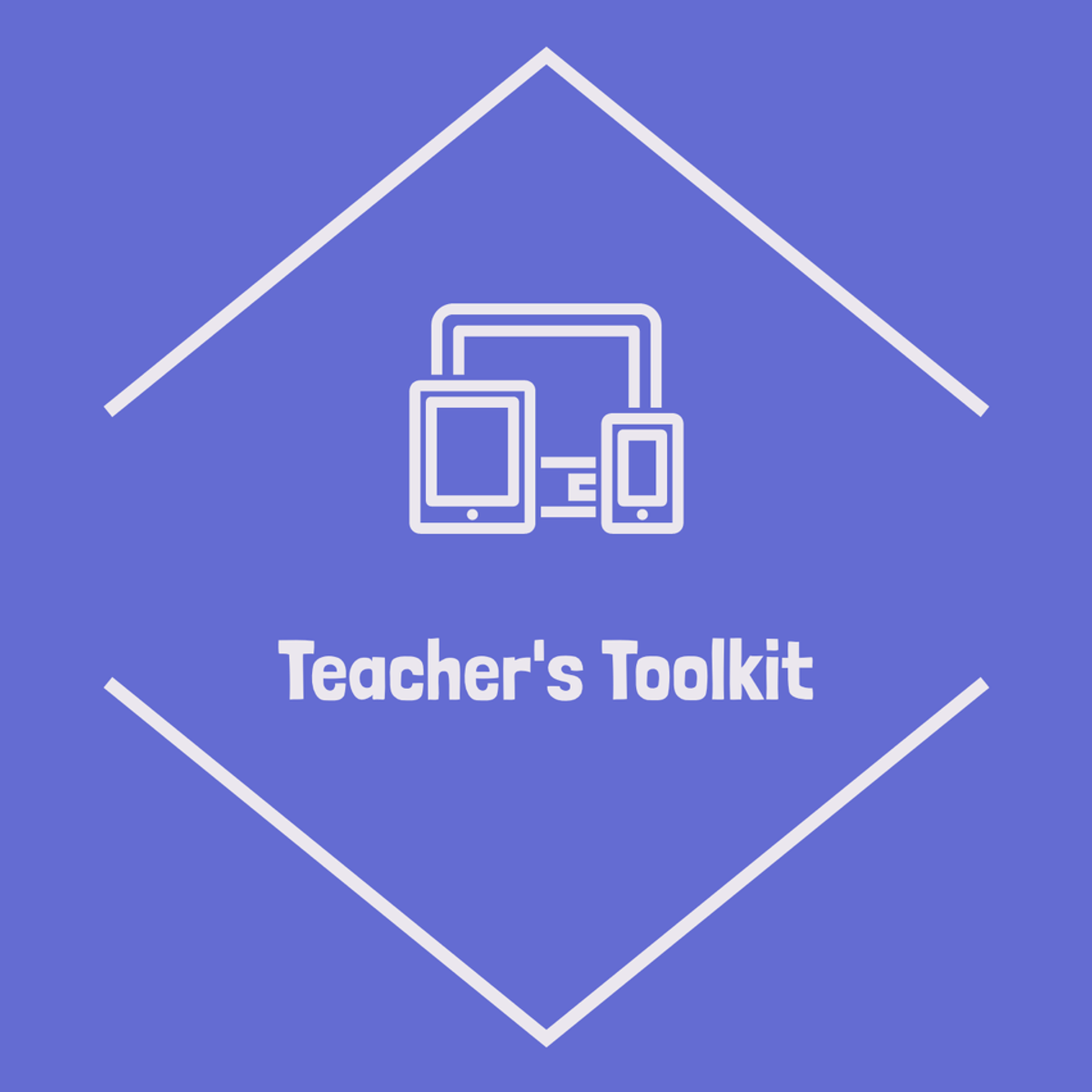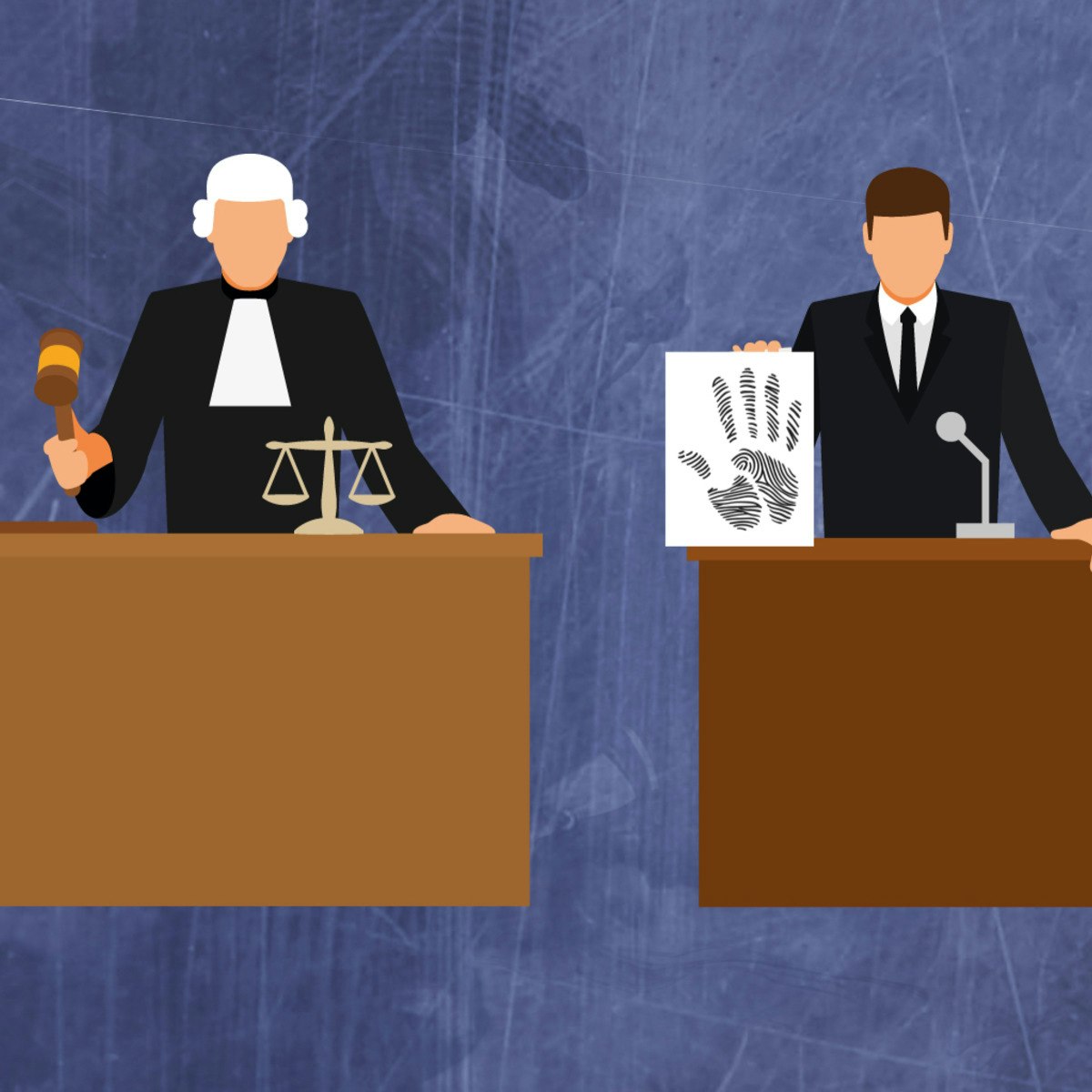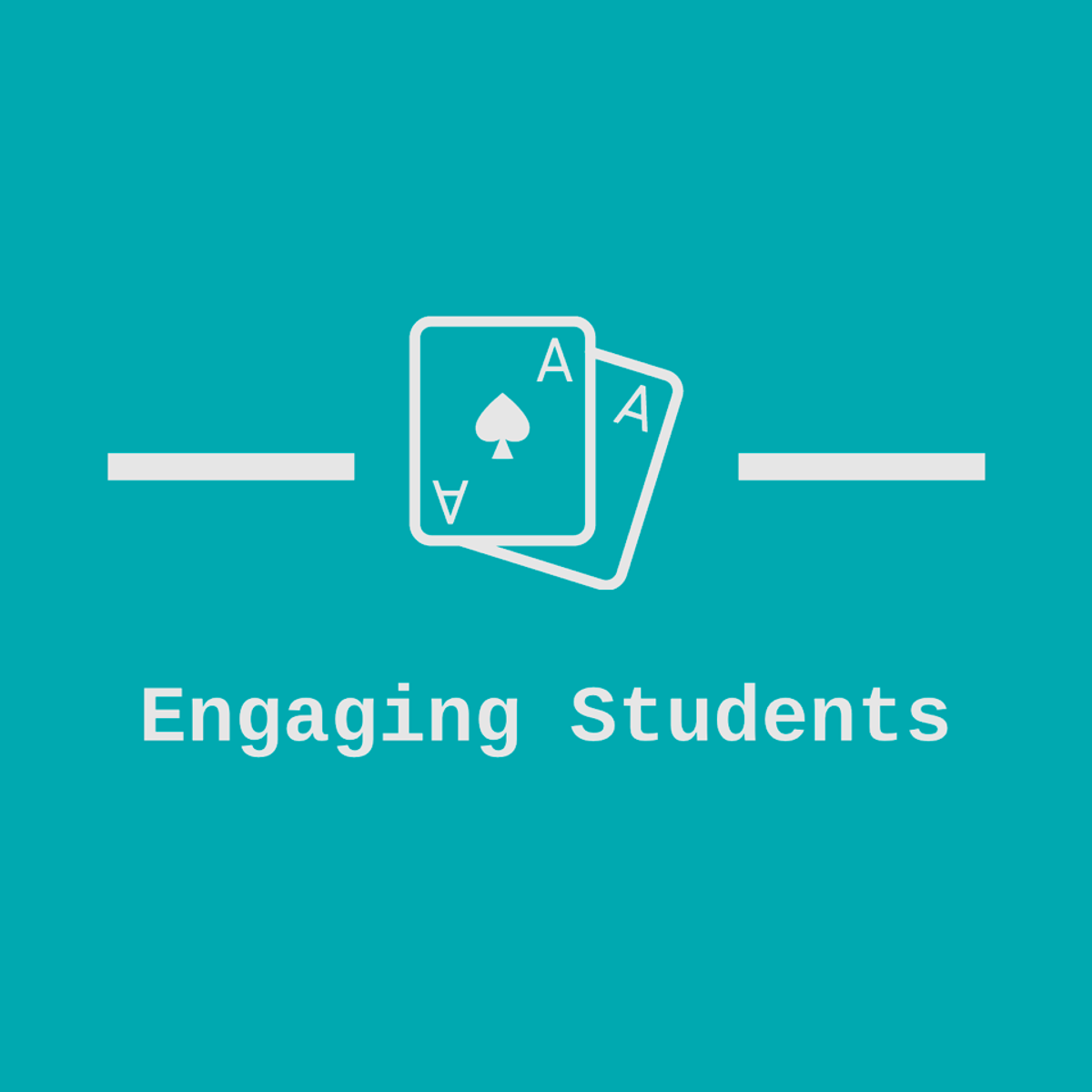Back to Courses









Education Courses - Page 4
Showing results 31-40 of 264

Assessing Achievement with the ELL in Mind
In this course, you will learn how to design assessments around the needs of your ELL students and their language level. You will learn how to incorporate language and content requirements for both formative and summative assessment types. You will learn to assess your ELL students through the use of project and task-based assignments. You will learn to use and modify rubrics to align to and measure student achievement of your language and content learning objectives. The course will also briefly cover strategies for supporting ELL students during standardized testing.
Upon completing this course, you will be able to:
* Conceptualize theories of authentic assessment as they apply to second language learners
* Design formative assessment types incorporating language and content objectives
* Design summative assessment types incorporating language and content objectives
* Incorporate project and task-based assignments as assessment tools for ELLs
* Design rubrics that align to language and content objectives for your ELL(s)
* Apply the use of rubrics, both language and content, to the work of your ELL(s).
* Support your ELL(s) as they participate in standardized testing

Learn to Teach Java: ArrayLists and 2D Arrays
Learn to program with ArrayLists and 2-D Arrays in Java, and prepare to teach others using the free, online interactive CS Awesome textbook. In this course for teachers we'll guide you both in learning Java concepts and skills but also in how to effectively teach those to your students.
This course will support you in teaching the Advanced Placement Computer Science A course or a similar introductory university-level programming course. We'll cover the Java concepts of ArrayLists and 2-dimensional arrays, as covered in the APCS A Units 7 and 8. Each topic will begin by relating Java to block-based programming languages and then provide video overviews of CS Awesome content along with additional materials to supplement learning for your students.
You'll engage with additional materials to support your teaching including "deep dive" classroom discussion questions, assessment overviews, code tracing and problem solving skills for your students, including preparation for free response coding questions.

Learning, Knowledge, and Human Development
This course sets out to provide an understanding of theories of learning and development and how these theories relate to educational technology. It has two components. The first is theoretical, in which we attempt to develop an overall frame of reference, locating approaches to the psychology of learning in terms of large paradigm shifts, from ‘behaviorism’ to ‘brain developmentalism’ to ‘social cognitivism’. The second component is practical, in which we will use these theoretical concepts to ‘parse’ a technology-mediated learning environment for its underlying presuppositions.
--------------------------------
Recommended Background
--------------------------------
This course is designed for people interested in the future of education and the "learning society," including people who may wish to join education as a profession, practicing teachers interested in exploring future directions for a vocation that is currently undergoing transformation, and community and workplace leaders who regard their mission to be in part "educative."
--------------------------------
Related Resources
--------------------------------
Online resources are available here:
https://newlearningonline.com
--------------------------------
Join our Online Communities!
--------------------------------
CGScholar (Create an account and join the New Learning community)
https://cgscholar.com/community/community_profiles/new-learning/community_updates
Facebook
https://www.facebook.com/newlearningonline
Twitter
https://twitter.com/neolearning
--------------------------------
Take this Course for Credit at the University of Illinois
--------------------------------
This course has the same content and anticipates the same level of contribution by students in the Assessment for Learning course offered to graduate certificate, masters, and doctoral level students in the Learning Design and Leadership Program in the College of Education at the University of Illinois.
Of course, in the nature of MOOCs many people will just want to view the videos and casually join some of the discussions. Some people say that these limited kinds of participation offer evidence that MOOCs suffer from low retention rates. Far from it – we say that any level of engagement is good engagement.
On the other hand, if you would like to take this course for credit at the University of Illinois, you will find more information about our program here:
https://ldlprogram.web.illinois.edu/overview/
And you can apply here:
https://education.illinois.edu/epol/programs-degrees/ldl
--------------------------------
The Learning Design and Leadership Series of MOOCs
--------------------------------
This course is one of a series of eight MOOCs created by Bill Cope and Mary Kalantzis for the Learning Design and Leadership program at the University of Illinois. If you find this MOOC helpful, please join us in others!
e-Learning Ecologies: Innovative Approaches to Teaching and Learning for the Digital Age
https://www.coursera.org/learn/elearning
New Learning: Principles and Patterns of Pedagogy
https://www.coursera.org/learn/newlearning
Assessment for Learning
https://www.coursera.org/learn/assessmentforlearning
Learning, Knowledge, and Human Development
https://www.coursera.org/learn/learning-knowledge-human-development
Ubiquitous Learning and Instructional Technologies
https://www.coursera.org/learn/ubiquitouslearning
Negotiating Learner Differences: Towards Productive Diversity in Learning
https://www.coursera.org/learn/learnerdifferences
Literacy Teaching and Learning: Aims, Approaches and Pedagogies
https://www.coursera.org/learn/literacy-teaching-learning
Multimodal Literacies: Communication and Learning in the Era of Digital Media
https://www.coursera.org/learn/multimodal-literacies

Foundations of Teaching for Learning Capstone: The Reflective Practitioner
This course is open to learners who have completed all eight courses on the Foundations of Teaching for Learning MOOC. It revisits topics covered and focuses on what it really means to be a reflective practitioner. One of the great paradoxes of learning is that the more you know the more you become aware of what you don’t know... and the more you want to know! This course offers an opportunity to further deepen and broaden your professional expertise. It provides an opportunity to participate in practical tasks and assessments that draw on the knowledge and skills gained in the previous courses.
If you have completed the eight courses, signed up to the Signature track, met all the assessment requirements of the programme and would like to continue to build on your interest and achievements, this course is for you! There is enough challenge and scope for learners who already have teaching experience, but this course is also suitable for less experienced learners who may not have a great deal of teacher education or may not yet hold a teaching qualification.
Announcement for US based teachers:
Coursera and its partners are proud to offer eligible teachers in the US free Course Certificates for this course and other high-quality teacher professional development courses, through the Connected effort announced by President Obama.
To participate in this opportunity, US district leaders simply need to approve Coursera teacher professional development by completing a brief form at: www.coursera.org/tpd.
US Teachers interested in this opportunity are also encouraged to follow the link to learn more and www.coursera.org/tpd.
Once a district’s form has been verified, the district leader will be notified and teachers in the district will receive access to free verified certificates for Coursera professional development.
Coursera and the Commonwealth Education Trust thank educators for the hard work they do every day and hope this opportunity will assist US teachers to continue developing their craft in a meaningful and flexible way.

Create a chess online course with Thinkific
In this 1-hour long project-based course, you will learn how to create an independent online course with Thinkific using a chess course as an example, creating video, text and images based lessons, producing your own material, creating quizzes and surveys, designing your site and setting prices and payments.
Note: This course works best for learners who are based in the North America region. We’re currently working on providing the same experience in other regions.

Use Genially to Create Award Certificates
Genially is “the tool that brings content to life.” Genially allows you to map out a learning journey for your students using high interest images and interactive tools. By the end of this project, you will be ready to celebrate student success through award certificates.

Increasing Multiplication Mastery with Microsoft PowerPoint
By the end of this project, you will have developed a tool to track student progress as they master multiplication facts while also motivating them to “level up” along the way. Strong numeracy skills are important for students to succeed, but these skills do not come naturally to all students. By motivating them to tackle each fact family, your students will be able to gain confidence as they ensure mastery.
Throughout this project, we will work together to become comfortable using Microsoft PowerPoint in order to create a path to multiplication mastery. The skills you learn will extend beyond this project, allowing you to create additional content using Microsoft PowerPoint.

Challenging Forensic Science: How Science Should Speak to Court
The aim of this course is to promote critical thinking with regard to forensic science. Today, in general, most people are dazzled by the technical possibilities offered by forensic science. They somewhat live in the illusion that forensic evidence is fool proof and brings factual findings with 100% certainty. This course – given by specialists in the field – goes beyond the conventional image that is promoted through TV series such as CSI. It alerts (without alarming) the public on the limits of the techniques in order to promote a sound administration of forensic science in the criminal justice system. It allows participants to understand the importance of probabilistic reasoning in forensic science, because uncertainty is a constitutive part of forensic science. The course is constructed as a series of causes célèbres that could or have led to miscarriages of justice. Some of these cases have been part of case reviews carried out at the School of Criminal Justice of the University of Lausanne.
******************
Special thanks to our translators, in particular the University of Lausanne and the School of Criminal Justice sincerely thank Massimiliano Stabile (forensic biologist), Francesco Zampa (forensic chemist) and Giampietro Lago (forensic biologist) for the Italian translation of the course.

Building Students Math Skills with iKnowit
By the end of this project, you will be fully prepared to use iKnowit with your students to improve their math skills. IKnowit is an interactive math practice site for students in Kindergarten through Grade 5. Through iKnowit, teachers can assign students math activities that are at their ability level. Students then engage in practice that is encouraging and aligned with program goals, while teachers are provided with valuable data on how students are progressing towards curriculum goals.
Throughout this project, we will navigate through the various features of iKnowit as we work together to ensure that your account is ready to use with your class.
*You will need a free iKnowit account for this project.

Evaluating Student Understanding with Socrative
By the end of this project, you be able to evaluate students in real time and provide immediate feedback using Socrative. With Socrative, you can create personalized activities and engage students in games that encourage full participation as they learn. Socrative is a great tool for online learning, but it also allows teachers to save valuable time by letting Socrative to the work of grading and engaging students for you! Let’s get you confident and ready to use Socrative today.
*You will need a free Socrative account for this project. You will have the option to upgrade to a Premium account if you choose to use all of Socrative’s features.
Popular Internships and Jobs by Categories
Find Jobs & Internships
Browse
© 2024 BoostGrad | All rights reserved